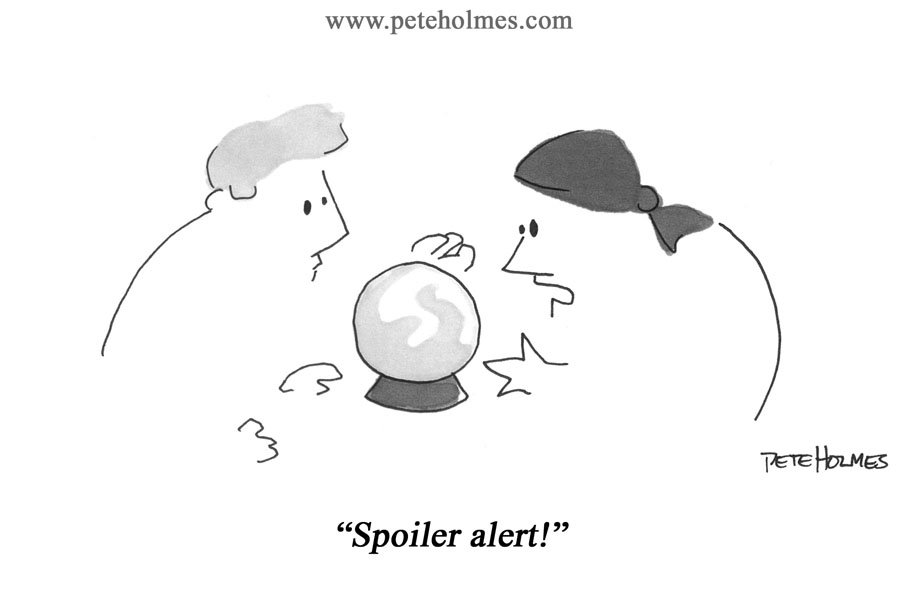
One of the most insightful books that i have read dealing
with the complexity of the human mind actually focussed on addictions.
‘Addictive thinking’ was written by the renown Psychiatrist, Rabbi Dr Abraham J Twersky, and in it he
attempts to explain the distorted logic of the addict; rationalising their behaviour,
defining triggers and situations that lead the addict down the
inevitable path of regression.
But the most compelling and confronting point that he makes,
and it would appear to be the consensus, is that it takes two to tango.
Addicts need enablers or co-dependants to allow them to
continue. The enabler is usually close family to set up the necessary social
infrastructure and support that instead of helping the addict, further ensure
that the cycle of addiction is perpetuated.
The enabler starts initially by willingly turning a blind
eye to the addiction. Then he/she starts justifying to himself and others that
the behaviours are normal ‘considering the circumstances’; things are tough at
work, he hasn’t been well, family problems etc. The enabler even lands up
covering for the addict, making excuses for their anti-social behaviour.
These are the initial steps, but in time the enablers are
forced to confront the reality that they are dealing with an addict.
Unfortunately this is not where the story ends. The
co-dependants seek help and guidance, they are encouraged to take a firm stand
on certain behaviours. Others, family and friends, are rallied to support the
co-dependent. Together they demand that the addict make the necessary changes
to their life...or else.
Or else what?
I’ll leave you, I’ll call the police, I’ll abandon you.
Every threat under the sun.
And it is at this point that the real tragedy hits home. The
addict calls their bluff. He succumbs to his addiction- yet they are still
there, they don’t abandon him or leave him or call the police. So the addict
never changes because he knows that he will never be rejected and he
manipulates anyone who will allow him to.
The sad reality is that the co-dependent is as sick as the
addict. Both of them are caught in a downward spiral of self-defeating
behaviours that are seldom corrected.
Replace the word addict with Domestic violence, anger
management, ungrateful children or any other dysfunctional relationship you
witness or experience.
YOU are NOT the problem, but you are enabling it- willingly
or unconsciously.





